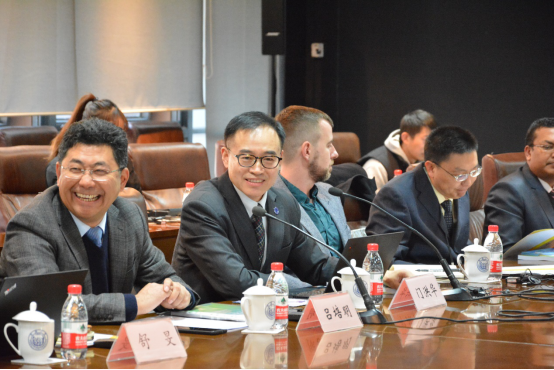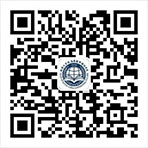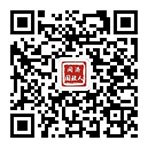
Co-hosted by the Institute for China & World Studies and the School of Political Science & International Relations of Tongji University, the 2nd Global Emerging Scholar Forum & International Symposium on “China, Countries Shaping the World Order, and the World Order in Transition” was held at the Sino-French Center of Tongji University on December 7, 2019. More than 20 young scholars in strategic studies from famous universities and research institutions in China, the US, Russia, Italy, Japan, France, India, Australia, and the UK were gathered in Tongji. This forum was held to explore how China, the US, Japan, India, and Russia, etc. can shape the international order in the 21st century, and then analyze how these countries develop and implement their strategies, and how their international strategies would influence the future world order? The forum mainly discussed the following topics: 1. How to view the basic characteristics of the countries that are able to shape the world order (hereinafter referred to as “shapers”) and the theoretical and strategic significance from a comparative perspective; 2. What are the respective strategic development directions of the above countries; 3. How do these countries interact with China and how will China and related countries jointly influence the world order.
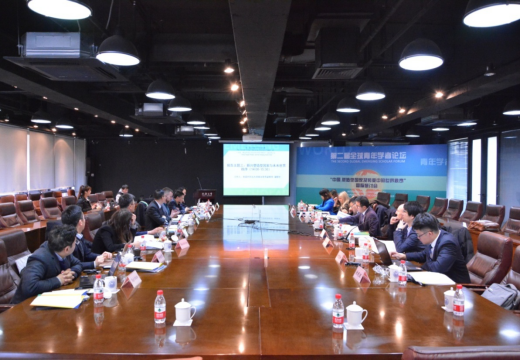
The opening ceremony was moderated by Tongji Distinguished Professor Men Honghua, President of the Institute for China & World Studies and Dean of the School of Political Science & International Relations, Tongji University. Professor Lyu Peiming, a member of the Standing Committee of the Party Committee and Vice President of Tongji University, addressed the opening ceremony and welcomed young scholars from all over the world to Tongji. In his introduction about Tongji University, he said that the Institute for China & World Studies has achieved outstanding results in strategic studies. Chinese President Xi Jinping has repeatedly stressed that “China is not a threat to the world”, so efforts should be made to help the academic circles at home and abroad accept this view. He hoped that this meeting can reach a consensus after in-depth discussions.
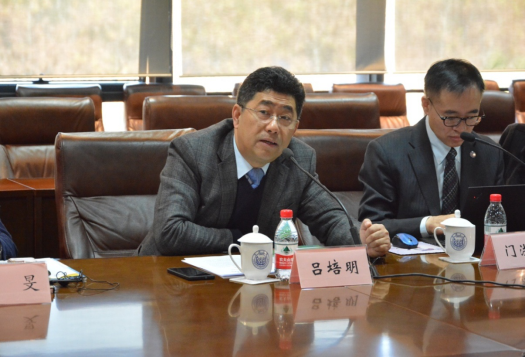
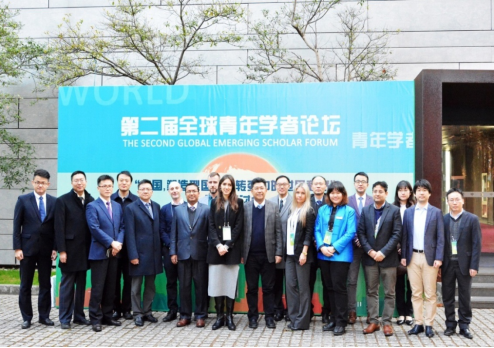
The forum was comprised of four sessions: theories, strategies and a comparison of shapers; Western shapers and the future world order; emerging shapers and the future world order; and China’s interaction with shapers and the world order in transition.
In the closing speech, Dean Men appreciated the in-depth discussions by the young scholars, and looked forward to their modification to and improvement of the outcomes from today’s meeting in the next few months. He thanked the working team for their great efforts because the success of the meeting is inseparable from each one of them. Finally, Dean Men expressed his special thanks to all the participants and welcomed them to Tongji again for academic exchanges.
